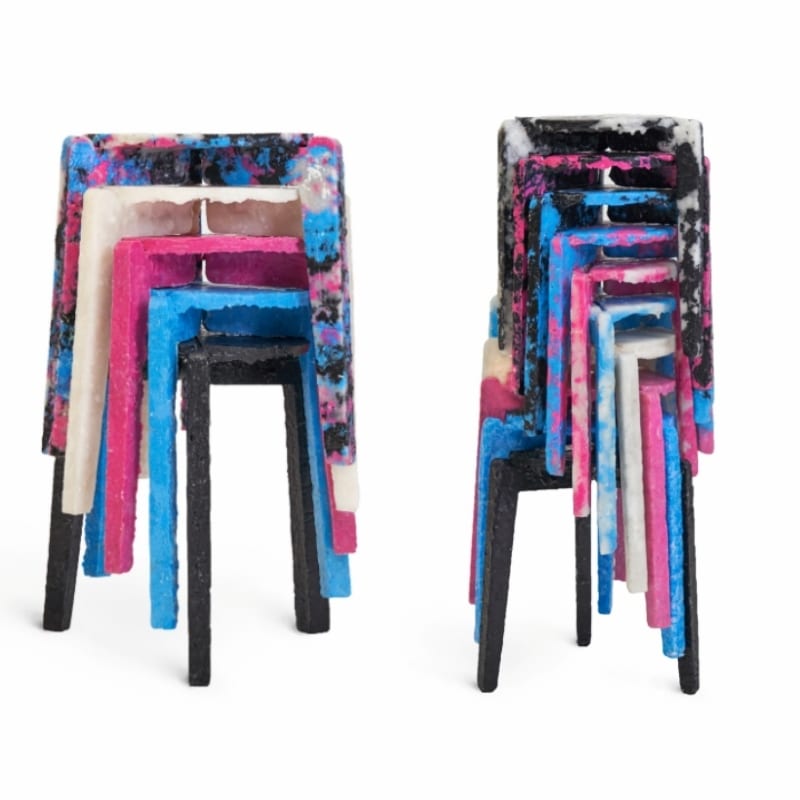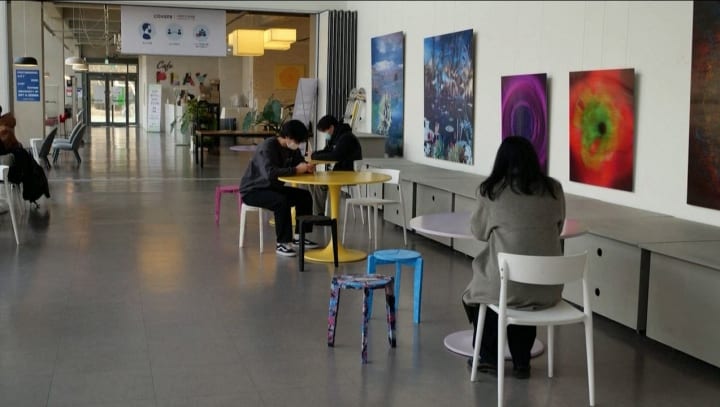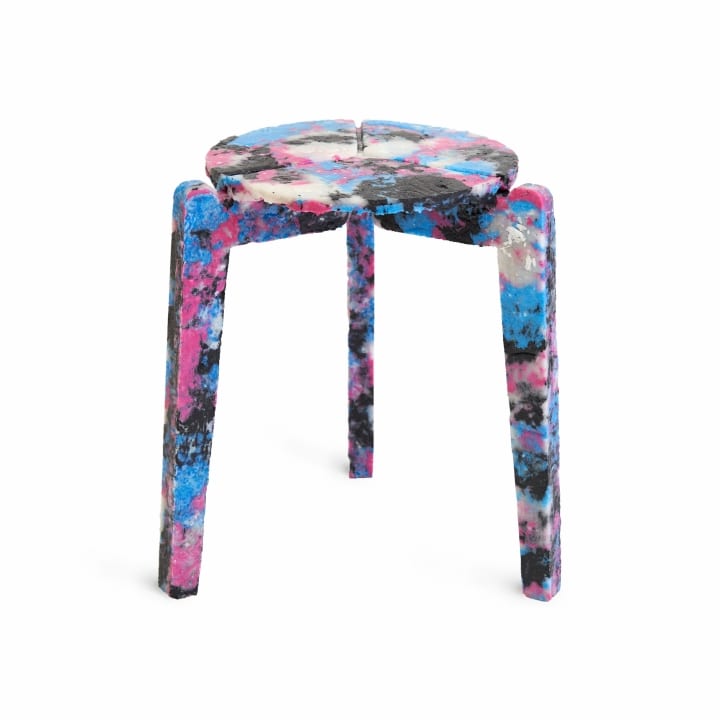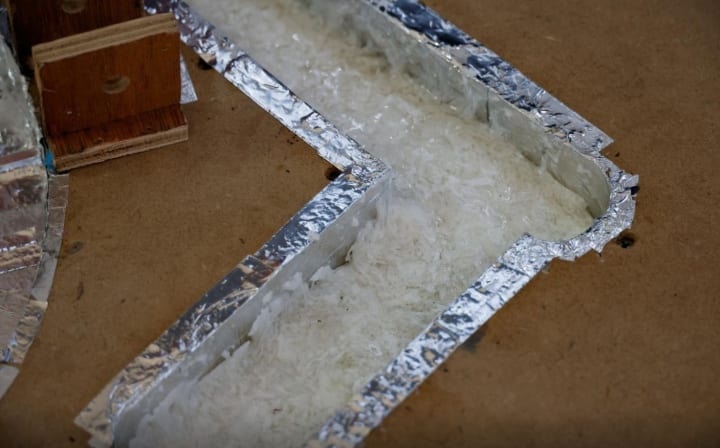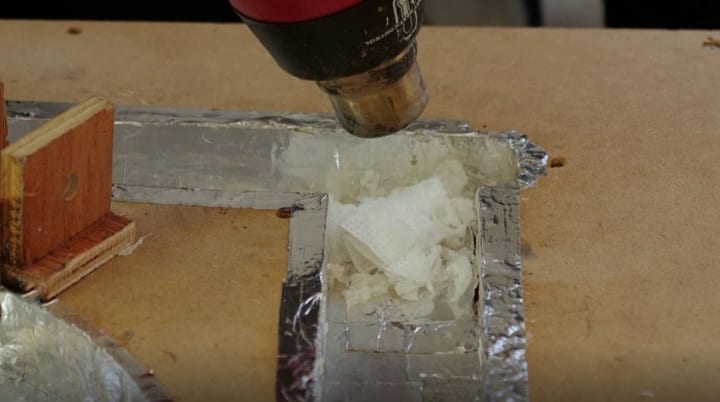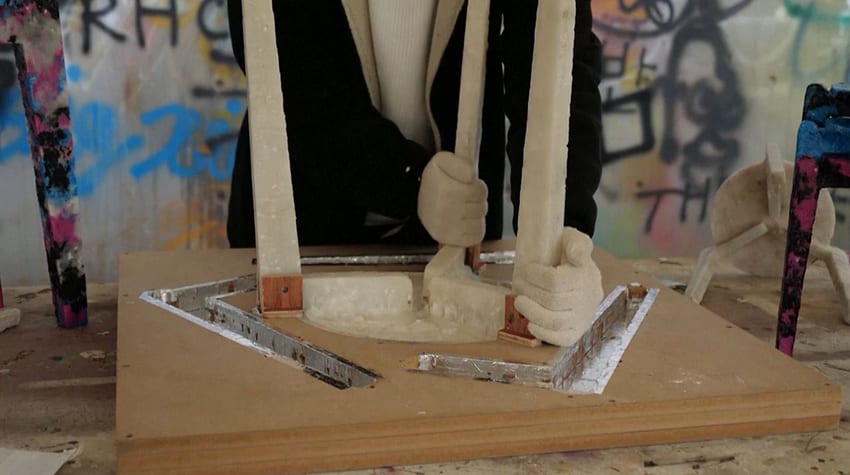Korean Designer Creates Stools from Disposable Masks
South Korean designer Haneul Kim collected used disposable face masks and recycled them to create stackable stools.
As the Covid19 lockdown reduced wastage on one hand and helped boost sustainable thoughts and actions, it also brought to the surface another menace, the huge mass of disposable face masks. South Korean designer and student from Kay won University, Haneul Kim started collecting these disposable masks from his own campus and recycled them to create stackable stools, called Stack and Stack.
“Plastic is recyclable, so why don’t we recycle face masks, which are made of plastic?” asks Kim as he tells us how he created the seats out of used face masks.
Kim hopes to set an example on how 129 billion single-use face-masks that the world disposes of every month during the coronavirus pandemic can be diverted from ending in landfills and our oceans. Kim initially stockpiled disposable masks that were used by his friends and himself but he soon found out that the quantity would not be enough. “So, I installed mask collection boxes on campus and emptied them periodically,” he says.
After quarantining them over a period of days, Kim stacked the masks inside a mould and melted them one by one using a heat gun. The material was painstakingly built up to create a sturdy seating design, with around 250 masks needed to form each leg and another 750 for the seat, so a total of 1500 masks per stool.
“The final result needed no glue or resin to hold it together and is completely made from the recycled personal protective equipment (PPE), with no added materials. Even the stools’ marbled white, blue and pink patterns are derived not from added dyes or paints but simply from the colour of the masks. I remove the metal wire that tightens the nose and the cotton ear loops. This leaves the polypropylene filter surrounded in a non-woven plastic fabric, which I melt using hot air of more than 300 degrees Celsius,” explains Kim.
The liquefied plastic cools and hardens to create a tough, durable plastic. “I don’t know the exact time taken for the material to harden, but it takes about 15 minutes to cool down one leg that is 450mm long and 40mm thick,” explains Kim.
Kim intends to bring more such sustainable products. “My next work will probably be a light or a table using the mask as the recycling material,” he explains.
As in March of last year, the World Health Organization estimated that 89 million additional disposable masks were needed globally per month in medical settings to combat COVID-19. In addition, a recent working paper by the Plastic Waste Innovation Hub at University College London has put the current domestic demand for the UK at 24.7 billion masks a year. The disposable masks are considered a new crisis for the environment and need to be taken seriously as moving out without masks is still risky around the world.
In more recent figures, the global sales of disposable face-coverings reached $166 billion in 2020 according to the United Nations Conference on Trade and Development, which is more than 200 times as much as in the previous year, when sales totalled only $800 million.
The UN estimates that up to 75% of these masks will end up in landfills or in our waterways, with PPE already found on 30% of all UK beaches.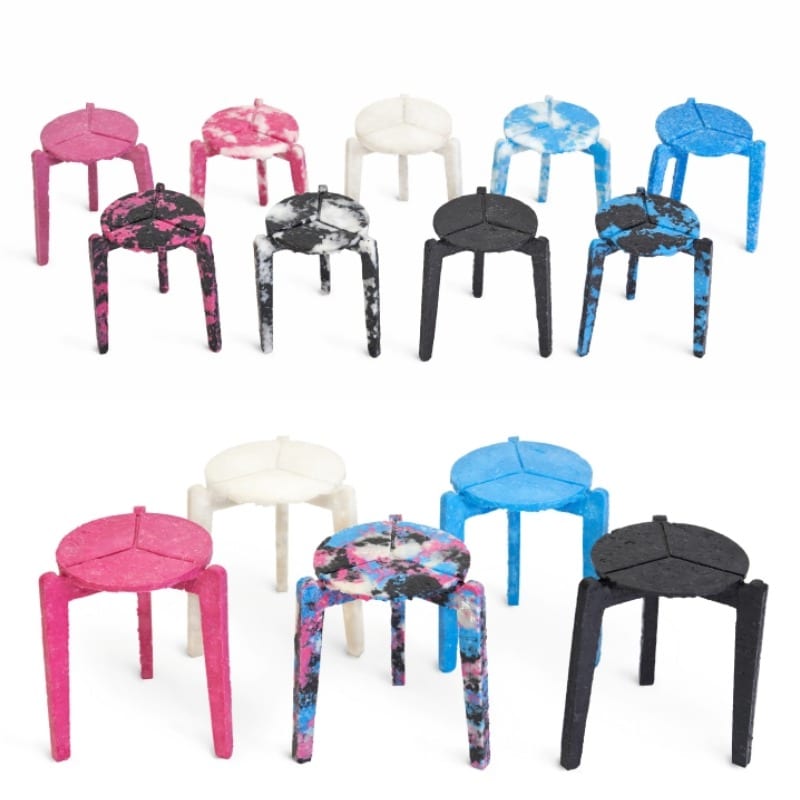
Institutions and designers are putting their minds together to mitigate this threat and Adidas was among the first big-name brands to release a reusable face mask, fashioning it from a high-performance recycled fabric that is free from virgin plastic.

